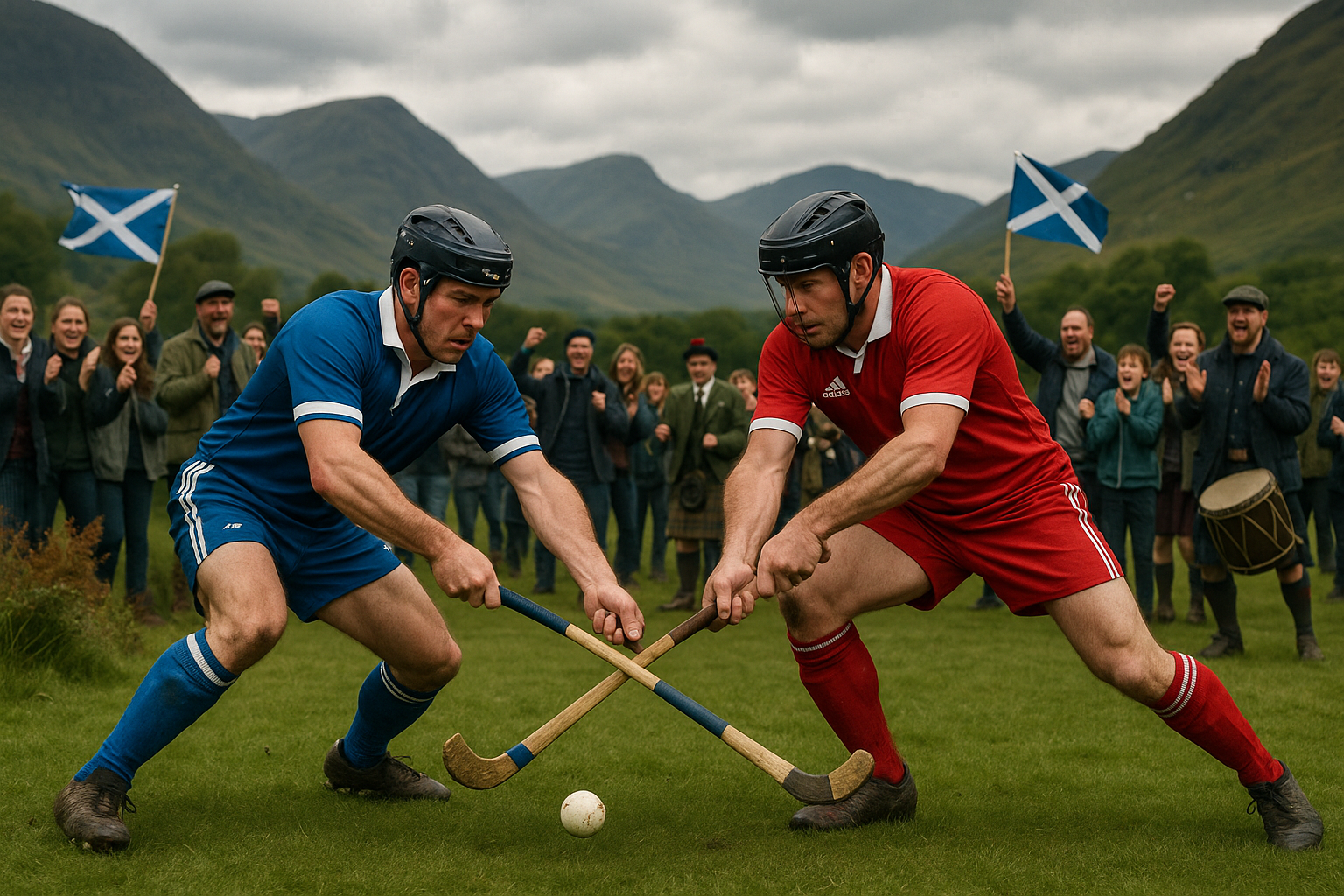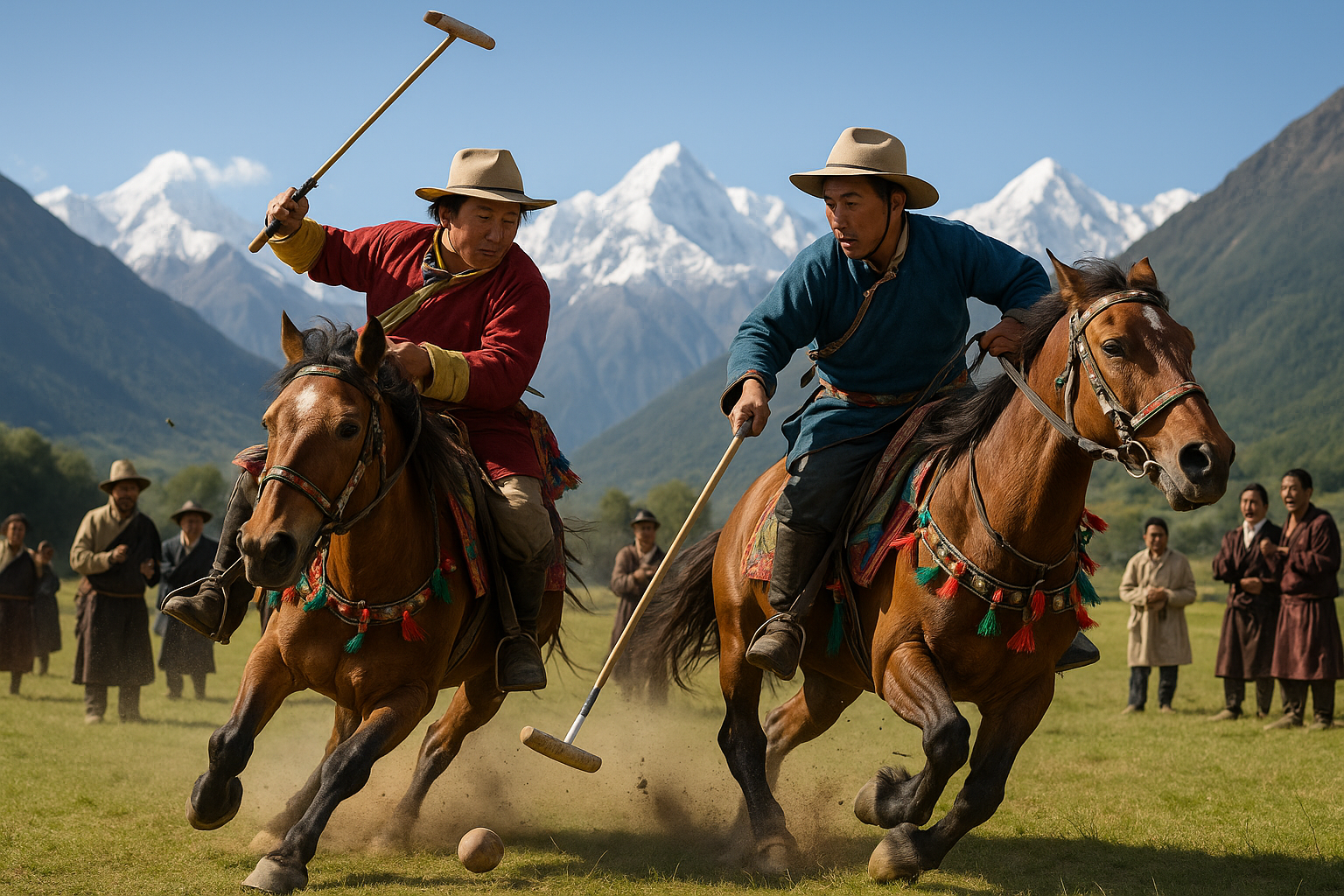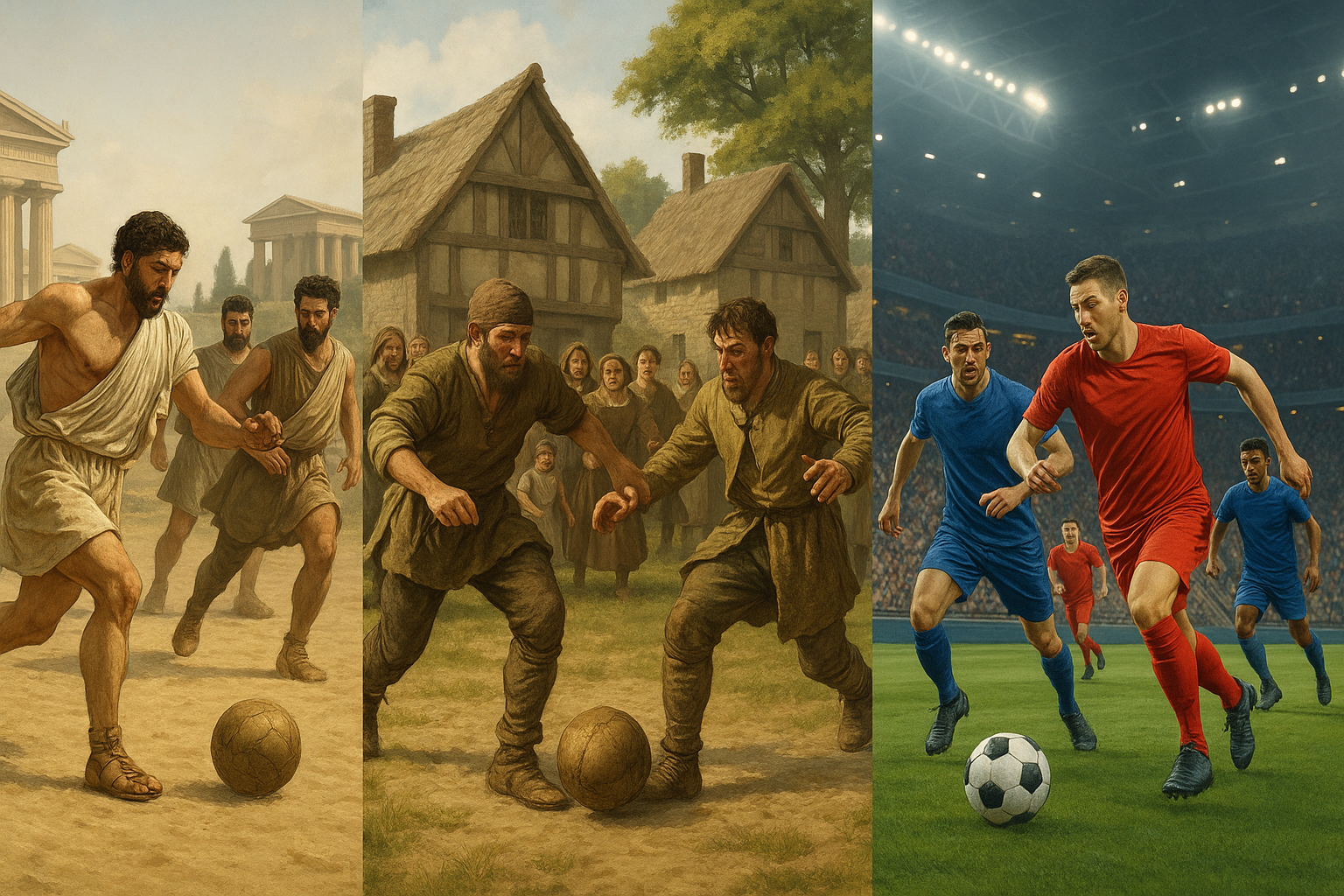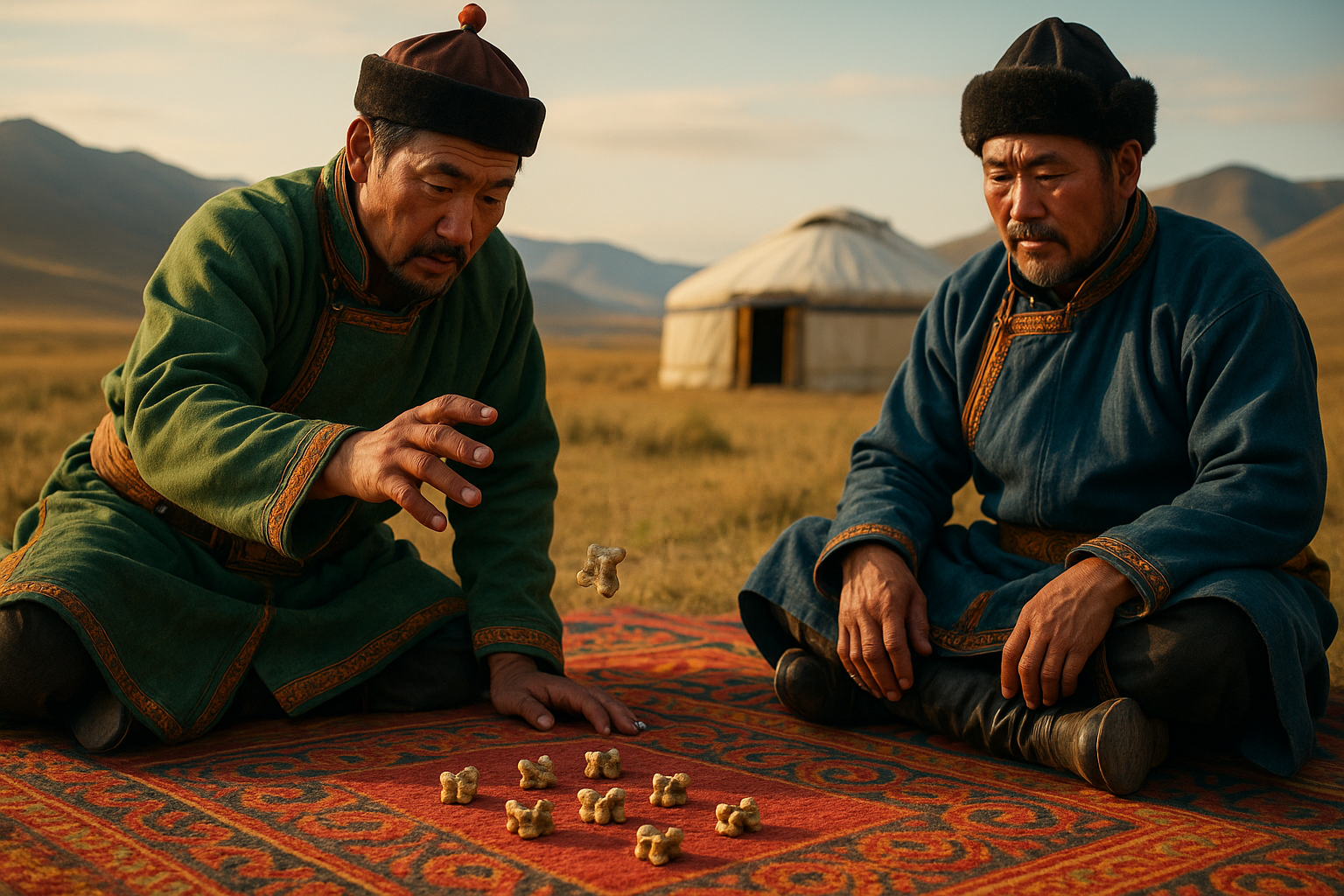Rugby has always been a sport synonymous with New Zealand, a country where lush green fields meet the fiery passion of players and fans alike. But while urban centers like Auckland and Wellington often steal the spotlight, there’s a remarkable phenomenon happening in the heartlands. Rural rugby is surging, and it’s not just about the love of the game—it’s about community, identity, and a sense of belonging. 🏉
In the rolling hills and vast plains of New Zealand’s countryside, rugby is more than just a weekend activity; it’s a way of life. From small towns to remote villages, local rugby clubs are the beating hearts of these communities, providing not just entertainment but also a focal point for social gatherings and communal pride. But what is driving the increasing success and popularity of rural rugby? And how are these local clubs nurturing talent that often rises to national and even international fame? 🌟
One cannot talk about rural rugby in New Zealand without acknowledging the deep cultural ties that bind the sport to the land. For many, rugby is interwoven with the country’s identity, echoing the values of teamwork, resilience, and hard work that are emblematic of rural life. This connection is perhaps best illustrated by the countless local players who have made it to the prestigious All Blacks, New Zealand’s national rugby team, carrying the stories and hopes of their small communities onto the global stage.
As we delve deeper into this topic, we’ll explore several key themes that have contributed to the rise of rural rugby. Firstly, we’ll look at the grassroots initiatives and programs that have been pivotal in developing young talent. These programs not only focus on the physical aspects of the game but also emphasize the importance of education, leadership, and personal growth. By investing in youth, rural rugby clubs are ensuring a steady stream of skilled players ready to take on bigger challenges.
Moreover, we’ll examine the role of community support in bolstering these local teams. In rural areas, rugby matches often serve as major social events, drawing crowds that rival those of professional games. The community’s unwavering support, both in terms of attendance and financial backing, plays a crucial role in sustaining these clubs. This collective effort underscores a shared passion for the sport and a commitment to fostering local talent.
Technology and social media have also played a surprising role in the rise of rural rugby. Platforms like Instagram and Facebook have allowed these clubs to reach wider audiences, attract new fans, and even secure sponsorships that were previously out of reach. This digital transformation has not only increased the visibility of rural rugby but has also created new opportunities for players to showcase their skills and gain recognition beyond their immediate circles. 📱
Another vital aspect we’ll touch upon is the unique style of play often observed in rural rugby matches. Known for its creativity and raw energy, rural rugby has a distinctive flair that sets it apart from its urban counterpart. This style is a testament to the innovative spirit of rural teams, who often make do with limited resources yet manage to excel through ingenuity and determination.
Finally, we’ll highlight inspiring success stories of individuals who have risen from humble beginnings in rural New Zealand to achieve fame and success on the world stage. Their journeys serve as a beacon of hope and motivation for aspiring players, proving that with dedication and perseverance, anything is possible.
Join us as we embark on this exploration of rural rugby in New Zealand, uncovering the elements that contribute to its growing success and celebrating the indomitable spirit of the players and communities that make it all possible. Whether you’re a rugby enthusiast or new to the sport, the story of rural rugby is one of passion, resilience, and triumph that is sure to captivate your heart. 🏆
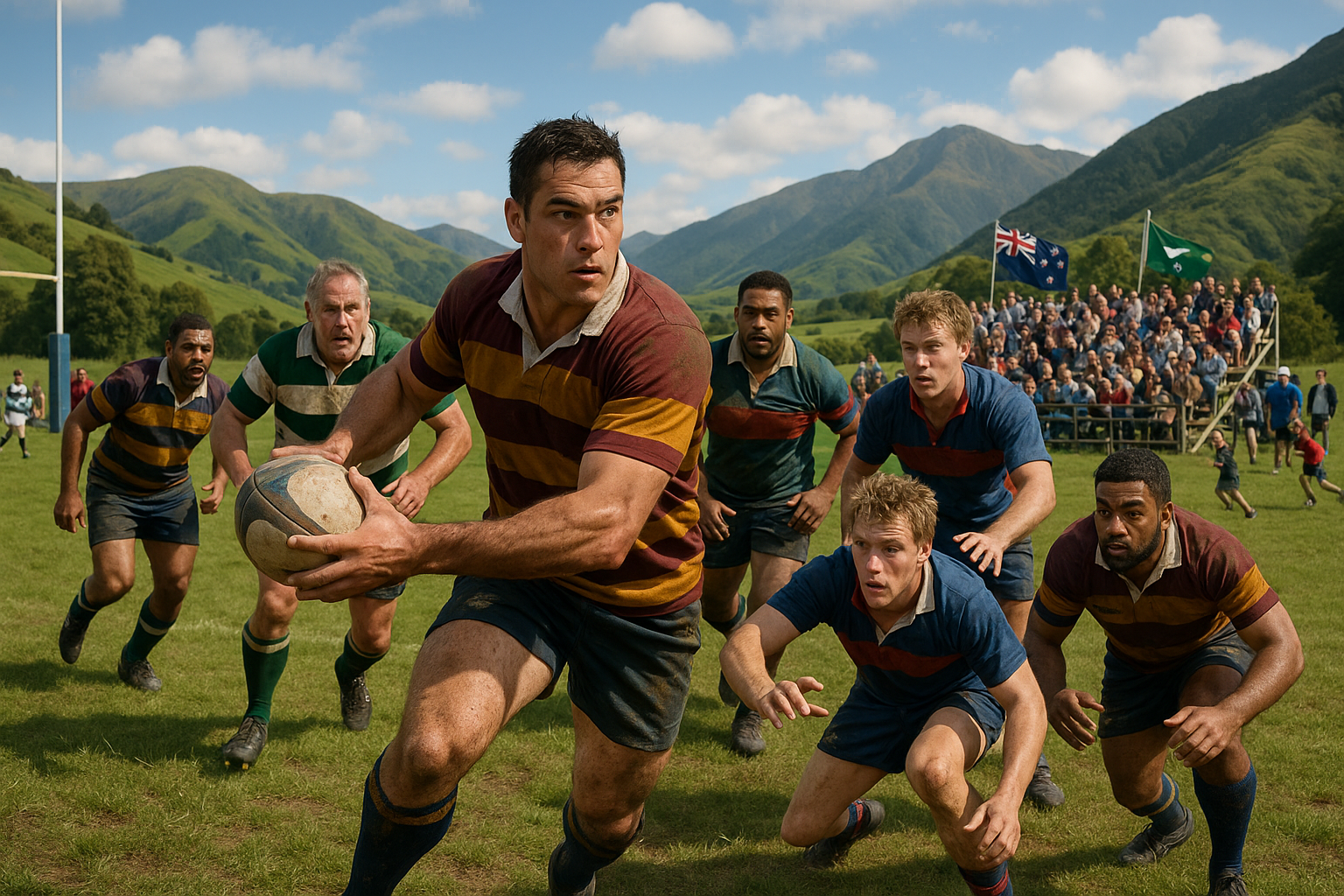
Conclusion: From Fields to Fame – The Unstoppable Rise of Rural Rugby in New Zealand
Throughout our exploration of rural rugby in New Zealand, we have journeyed from the rolling green fields to the grand stages where local heroes become national icons. 🌟 This narrative is not just about a sport; it is about a cultural phenomenon that underscores community spirit, perseverance, and the pursuit of excellence. Let’s recap the major points we touched on:
Firstly, we examined the historical roots of rugby in rural areas, delving into how this sport became an integral part of New Zealand’s identity. We saw how small towns have embraced rugby not just as a game, but as a way of life that unites people across generations.
Next, we discussed the impact on local economies. Rugby has fueled community development, providing jobs and stimulating local businesses. The tournaments and matches draw crowds that boost hospitality and retail sectors, showcasing the sport’s ability to drive economic growth.
Moreover, we highlighted the personal stories of players who rose from humble beginnings to achieve national and even international acclaim. These stories illustrate the power of dedication and how rural rugby serves as a fertile ground for discovering raw talent.
The discussion also touched upon the challenges faced by rural teams, including funding and maintaining facilities. Despite these hurdles, the passion for the game propels these communities forward, ensuring rugby’s legacy endures.
Importantly, we examined how rural rugby influences cultural cohesion, fostering a sense of belonging and community pride. This aspect of rugby as a unifying force is particularly compelling in an increasingly fragmented world.
In closing, the surging success of rural rugby in New Zealand is a testament to the indomitable human spirit. It’s a reminder that greatness often sprouts from the most unexpected places. 🚀 The lessons learned from these rural rugby communities are applicable beyond sports: resilience, community support, and the relentless pursuit of dreams.
As you reflect on the themes of this article, consider how you might apply these insights in your own community or personal life. Engage with this narrative—share it, discuss it, and let it inspire you to cultivate the same spirit of determination and unity. We invite you to leave your thoughts in the comments below and share this journey with others. Together, let’s keep the conversation alive and growing.
For further reading, here are some resources to expand your understanding:
Thank you for joining us on this exploration of rural rugby’s rise to fame. May it inspire not just the athletes among us, but anyone striving for greatness. 🏆
This conclusion ties together the article’s main points and encourages engagement and reflection, using a professional yet approachable tone with strategically placed emojis for engagement.
Toni Santos is a cultural movement researcher and traditional sport ethnographer specializing in the study of forgotten combat systems, historical ball game rituals, and the physical languages embedded in ancient athletic traditions. Through an interdisciplinary and movement-focused lens, Toni investigates how humanity has encoded discipline, competition, and tradition into physical play — across cultures, fields, and forgotten arenas. His work is grounded in a fascination with sports not only as games, but as carriers of hidden meaning. From ancient martial arts lineages to historical ball games and unusual solo challenges, Toni uncovers the visual and symbolic tools through which cultures preserved their relationship with the athletic unknown. With a background in movement semiotics and sporting heritage history, Toni blends visual analysis with archival research to reveal how games were used to shape identity, transmit memory, and encode community knowledge. As the creative mind behind tapzix.com, Toni curates illustrated sport taxonomies, speculative game studies, and symbolic interpretations that revive the deep cultural ties between athletics, folklore, and forgotten tradition. His work is a tribute to: The lost combat wisdom of Ancient Martial Arts Traditions The guarded rituals of Historical Ball Games and Their Origins The communal presence of Rural Team Sports and Folklore The layered physical language of Unusual Solo Games and Challenges Whether you're a sporting historian, movement researcher, or curious gatherer of forgotten athletic wisdom, Toni invites you to explore the hidden roots of traditional games — one move, one match, one tradition at a time.

